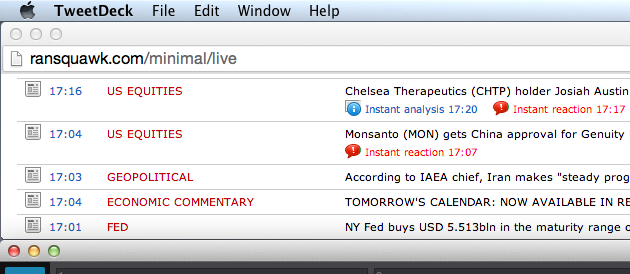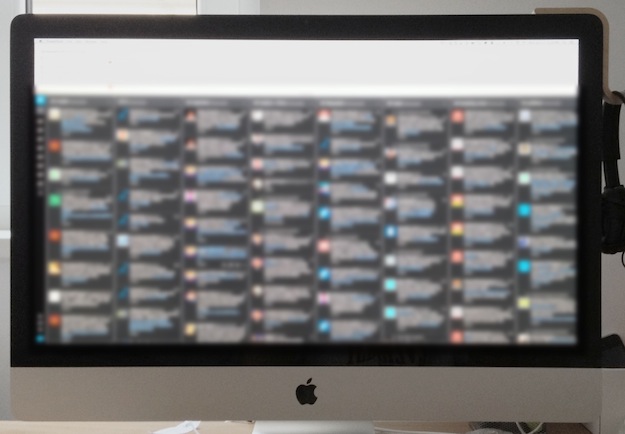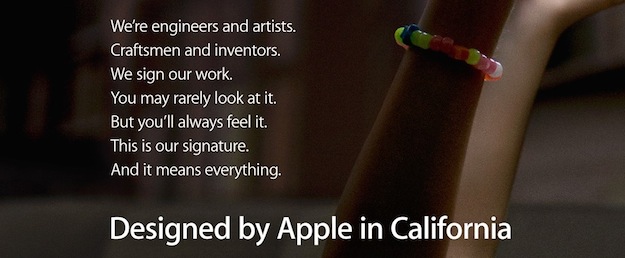Daniel Eran Dilger wrote a rather lengthy analysis (albeit with a misleading title) of the current state of iOS vs. Android and Apple, Google, Samsung. Here are some pivotal points I want to highlight.
It’s now easier to understand why for a company that was never gone, Apple sure is back.
-
Android is regarded a omniscient deity that gets credit for everything positive that ever happens without also getting blamed for all of the ugly cruelty and suffering in the world. Apple is more like the scientist who cures cancer, only to hear complaints of “why didn’t you do that last year?” and “so you’re not going to cure my obesity? What a jerk!”
-
Android is being swallowed by mediocrity so rapidly that it today looks more like an 8 year old Windows XP in 2009 than Windows XP actually looked in 2009. This is particularly remarkable given that Android is really only 4 years old.
[…] Android is fractured not only in software but also in hardware capabilities, from the display to the screen technology down to the GPU cores.
-
Google even spent $12.5 billion to acquire Motorola, the leading Android hardware failure, to prove that Microsoft’s Zune strategy doesn’t work even if you buy the Toshiba behind it.
-
Just as with the half decade of tepid updates of Apple’s System 7, Google has largely just rolled in features invented by hobbyist users. There’s no apparent strategy (outside of NFC, which is failing without iOS support) and no effort to jump the platform ahead of the game by inventing anything spectacularly new.
-
In fact, the only way to make Android look competitive against iOS is to bundle in a huge segment of feature phones under the now meaningless term “smartphone,” and ignore profitability and platform success in order to focus only on unit shipments.
-
Also like the Old Apple, Google is wasting its resources on a 7 inch tablet that users aren’t buying in sustainable volumes because it has no specific function and what it does do is sort of half baked and has rough edges. Google is successfully copying Apple, but it’s copying the wrong decade.
-
Rather than serving some grandiose “open” purpose, the primary thing Windows and Android have done is to hide incompetence, reward failure and transfer intellectual property from an inventor to a pool of manufactures with myopic vision and waning creativity. They do this by forging a coalition between huge volumes of garbage products and a tiny minority of modern, decent products.
-
For starters, iOS 7 looks new. It also looks different, and involves lots of novel ideas nobody has really used before in a mobile OS.
[…] That bright white backgrounds are difficult to copy on OLED screens (where white draws more power than black, as opposed to LEDs where backlighting is always required; this is why the Zune/Windows Phone is so overwhelmingly back). That thin fonts require typographical expertise and Retina Displays. That translucency requires A4 processing power, and that motion controls require a 6-axis gyroscope.
[…] Put together, it sure looks like Apple is simply following its long term business plan of identifying advanced, enabling technologies and packaging them together in ways that communicate value for users.
If you want to read more about Apple and Google, read my own analysis of the mobile landscape, the war and future of both these companies.


